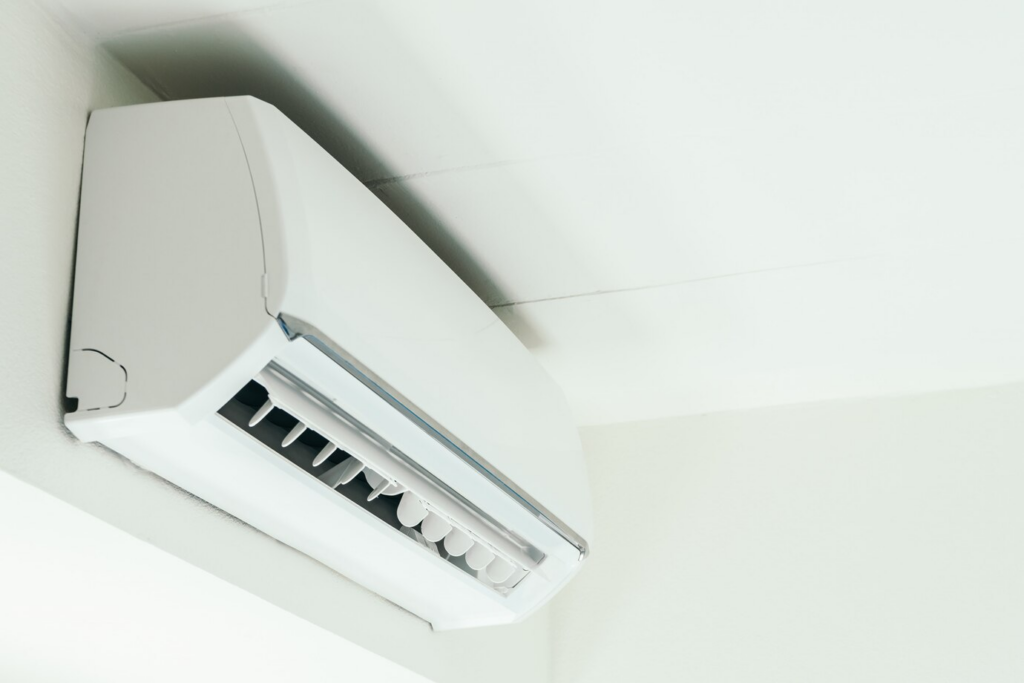Deciding to upgrade your AC system is a significant home improvement decision that impacts comfort, energy efficiency, and long-term savings. Transitioning from an older, potentially less efficient model to a newer system involves numerous factors to ponder.
Whether you’re motivated by the desire for a more eco-friendly option, the need to reduce monthly energy bills, or simply to enhance the comfort of your home, understanding the ‘when’ and ‘why’ behind upgrading your AC system is the first step towards making an informed decision.
To discover more about the timely benefits of upgrading to a newer AC system from a company with decades of installation experience, click here.
Age
The age of your current AC system plays a pivotal role in the decision to upgrade. Typically, air conditioning units have a lifespan of ten to 15 years. Beyond this period, they can start showing signs of wear and tear, requiring more frequent repairs that can be costly and inconvenient.
Older systems are also less efficient than modern, energy-efficient models available today. This efficiency loss impacts your comfort during the hottest days and leads to higher energy bills.
Upgrading to a newer AC system when your current unit is nearing the end of its efficient lifecycle can save you money in the long run, reduce environmental impact, and ensure your home remains a comfortable sanctuary regardless of the outside temperature. By considering the age of your AC system, you can proactively decide to upgrade before encountering breakdowns or inefficiencies.
High energy bills
Older AC units often lack the energy-efficient technology that newer models boast, leading to excessive electricity consumption to maintain a comfortable indoor temperature. This inefficiency strains your budget and has a damaging impact on the environment due to the higher energy demands.
By updating to a newer, more energy-efficient AC system, homeowners can experience a considerable decrease in their monthly energy expenses. Modern AC units are designed to use electricity more effectively, with many models achieving high SEER (Seasonal Energy Efficiency Ratio) ratings that indicate superior performance.
Making the switch aligns with environmentally conscious living practices and translates to long-term financial savings, as the reduced energy consumption lowers utility bills substantially.
Frequent repairs
Frequent repairs on an older AC system can be a clear indication that it’s time for an upgrade. Not only do these repairs become a financial burden over time, but they also signal the decreasing reliability of your system.
An AC unit requiring constant attention detracts from your peace of mind, especially during peak summer months when you depend on it the most. Newer models are designed with durability and fewer maintenance needs in mind, incorporating advanced technology that older systems lack.
Upgrading can thus eliminate the stress and cost of recurrent repairs, offering a more dependable and efficient cooling solution for your home. This transition to a newer AC system ensures that you enjoy consistent comfort without the unpredictable setbacks of an aging unit.
Inconsistent temperatures
Experiencing inconsistent temperatures throughout your home can be a frustrating reminder that your AC system may not be operating at its best. Older or malfunctioning units often struggle to distribute air evenly, making some rooms too cold while others remain uncomfortably warm.
This inconsistency affects your overall comfort and can state that your AC system is losing its effectiveness, potentially leading to increased energy usage as it works harder to maintain desired temperatures. Upgrading to a newer AC system can resolve these issues, as modern technologies ensure a more uniform distribution of air, improved humidity control, and enhanced overall comfort.
By upgrading, homeowners can enjoy a consistently comfortable indoor environment, optimized energy usage, and potentially lower energy bills, making it a practical investment for those seeking comfort and efficiency.
R-22 refrigerant phase-out
One compelling reason to consider upgrading your air conditioning system is the phase-out of R-22 refrigerant, commonly known as Freon. This refrigerant has been the standard for many older AC systems but has been discovered to be environmentally harmful, contributing significantly to ozone depletion.
In response to these environmental concerns, regulations have drastically reduced the production and import of R-22, making it more difficult and expensive to obtain for system maintenance.
Modern AC units use environmentally friendly refrigerants that are less harmful to ozone layers and increase efficiency and performance. By upgrading to a newer AC system, homeowners not only support global environmental preservation efforts but also avoid the rising costs and decreasing availability of R-22.
This transition signifies a move towards a more sustainable future. It ensures that your cooling system complies with current environmental regulations, making it a wise and beneficial decision for both the planet and your pocketbook.
